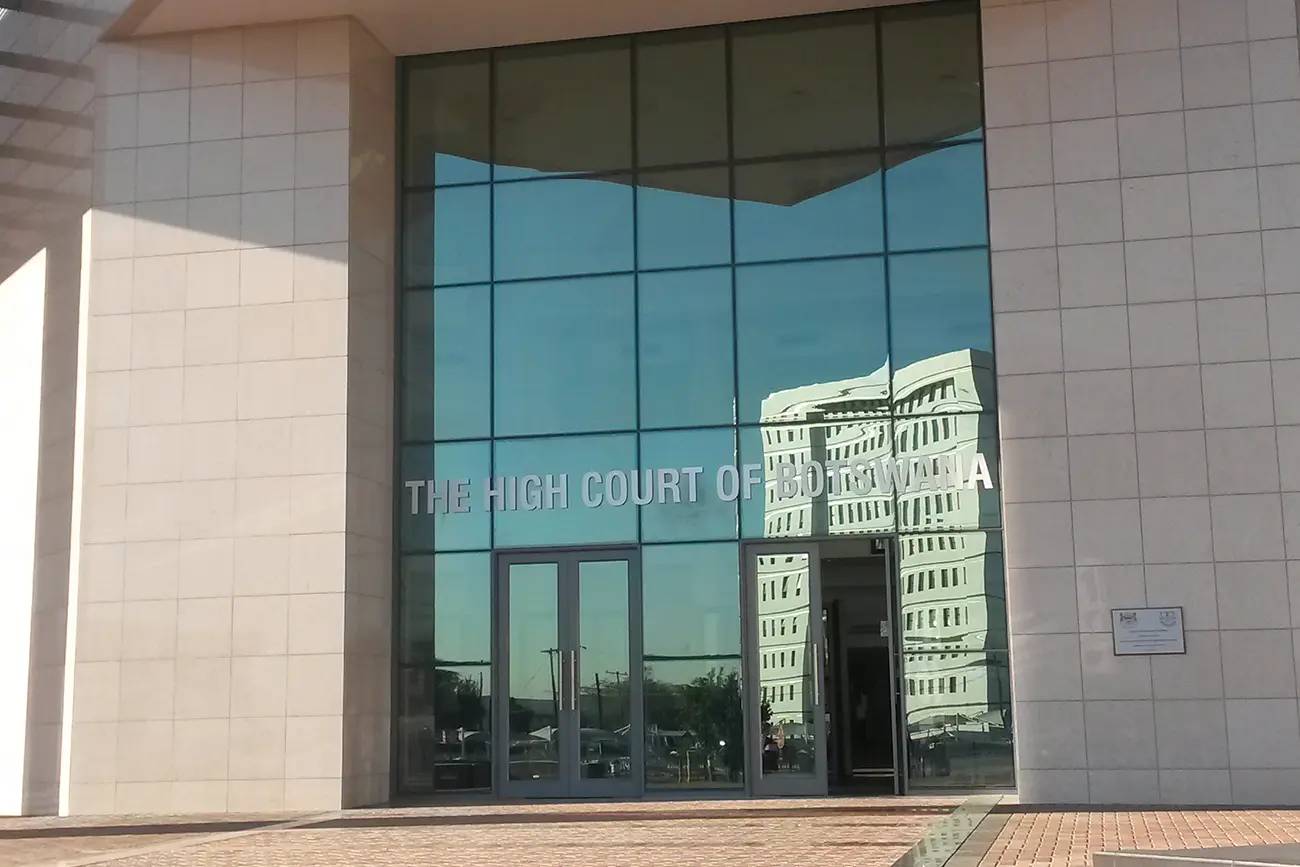
The Business Day
12 August 2014
By Nicole Fritz
YOU would think those who do human rights-related work might get to console themselves with the idea that their cause is just. But in this part of the world they often find themselves accused by governments of being a front for reactionary forces, bent on retarding postliberation gains. They are told their scripts are written for them in western Europe and the US and that they are mere puppets.
For the most part, it is defensive posturing on the part of African governments, underlining that those engaged in this work cannot afford to be thin-skinned. And yet that alignment — of human rights concerns with foreign, and particularly US, pressure — is not something civil society can dismiss altogether.
Take the recent US-Africa Summit in Washington, DC. While the focus was on securing greater trade and investment between Africa and the US, space was also created for African civil society to gather on the sidelines so its concerns might register. Interestingly, there was no corresponding quotient of US-focused civil society organisations. Presumably, they do not think African states might be sufficiently concerned for the plight of Bradley Manning or death-row inmates to make trade and investment deals with the US conditional on reforms in these areas.
But even as African civil society groups recognise this asymmetry, they were not about to forego the opportunity to raise their issues. And plenty of human-rights issues were strategically profiled at the summit. Deplorable levels of press censorship and the targeting of free expression in much of the continent will make it extraordinarily difficult to monitor dividends of the deals for ordinary Africans. Pervasive gender discrimination across much of Africa means most women will be unable to access opportunities.
But while the US government has much invested in promoting the association of itself with African civil society, many in African civil society will rightly be circumspect about the US being seen to champion their causes. The summit took place in the shadow of the brutality of Gaza. At an address to the US Chamber of Commerce ahead of the summit, President Jacob Zuma voiced SA’s protest at the indiscriminate violence being inflicted on Palestinians.
Zuma is not alone among African leaders in his conviction that the US has the power to rein Israel in. Quite apart from bilateral US aid and support to Israel, considerable effort has been made by the US to shield Israel from censure in multilateral institutions. In previous years, the US has used its veto 42 times to defeat United Nations (UN) Security Council condemnation of or measures against Israel or to block support for Palestine.
The attention paid by African leaders, and many in the global south, to the US response to the Gaza conflict and its attendant human rights violations is not just because it appears so at odds with how the US has exhorted UN bodies to act in situations such as Syria and Libya. Or because its stance cuts against the US’s professed intention of ushering in a new constructive engagement with UN bodies. Or because African leaders see an opportunity to give the diplomatic scolding rather than receive it.
Much more fundamental is what the Israeli-Palestinian conflict represents for a world order in flux. Africa and much of the global south seek a fairer world order. What is often meant by that is greater representation and voice — seats on the Security Council and the international financial institutions — and not necessarily a transformed way of doing business.
For these leaders, the concepts of sovereignty and self-determination accruing to a people, as a collective, are sacrosanct. The wars Africans fought were against colonialism and colonial-style domination. The subjugation of the Palestinians is easily recognised through this lens.
But for civil society in Africa, sovereignty and self-determination appear not only as shields to fend off outside intrusion and control, but also as shields to screen internal abuse and atrocity. Sovereignty obscures rather than illuminates rights violations, particularly those against unpopular minorities.
As long as the US continues to be seen to support a conflict of the old order so that sovereignty is denied and a people disarmed, its partnership with civil society in Africa will be viewed with suspicion. While asymmetry and inconsistency have long been the hallmark of international politics, the US will be a much better friend to African civil society when its disparate treatment is less of an issue.
- Fritz is the director of the Southern Africa Litigation Centre.
http://www.bdlive.co.za/opinion/2014/08/12/african-activists-wary-over-support-from-us



